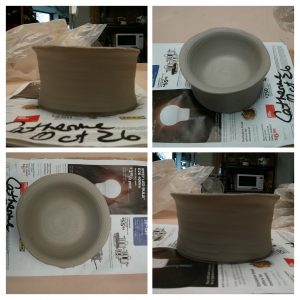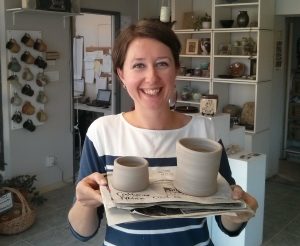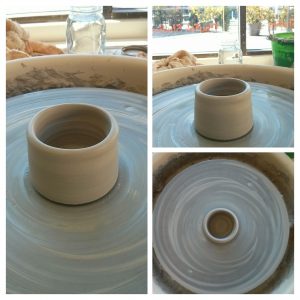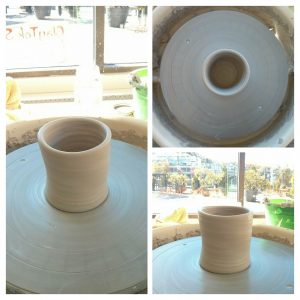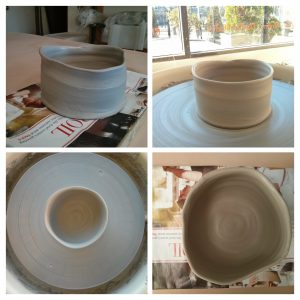The last time I posted I was in a dark space. It was January 2021, and there were months left of pandemic teaching ahead of me and so many others. I was clearly overwhelmed.
Today is a new day. There is reason to hope that, with the rollout of vaccines*, we can see an end to the pandemic that has kept us hidden away for so long. Difficult and important conversations related to equity, diversity, and inclusion are (still) happening among my friends and colleagues. Many are working toward un/learning and developing solutions. It is a long journey ahead, but there are more of us taking steps on it than ever before.
Personally, since submitting grades in early May, I recognize my immense privilege in being able to shift into a kind of recovery mode, giving my brain lots of time to rest and my body lots of time to move. For this I am so grateful. Even so, I’m still struggling to find focus for more than an hour or two on most days. My heart goes out to all those who have not been able to take a form of recovery break.
Some folks were ready in May to start thinking about post-pandemic teaching. I was not. It’s taken me a month to create space and perspective to just begin reflecting on my teaching over this past year, as I re-learned the core aspects of my job.
What have I learned teaching through a pandemic? Some very preliminary thoughts:
- Students inspire me to work harder and to show up with the best self I can offer. I will drop pretty much anything else to do what I need to do for my students.
- Time with students (e.g., in class, in office hours) is important for my own well-being and career satisfaction.
- I can offer students an opportunity to somewhat customize their grade breakdown, while maintaining the department-required average, and it’s not too much extra work
- I miss two-stage exams for the community and competence they build
- Clicker-style questions on Canvas have some advantages
- Discussion posts have potential to enhance learning, at least for some students. And once I got the hang of it, they weren’t too hard to mark (minimally) regularly. Bonus: Kept me aware of what my students were thinking and understanding (and, depending on the prompt, feeling).
- Video recorded lessons help everyone (and are a little scary for me)
- There are some advantages to online exams (e.g., question and answer randomization, auto-grading MC)
- Now that my courses are set up in modules form, they just need updating to help keep me and students on track
- I’d like to use verbal feedback/videos more, but I find it difficult to motivate myself to do so. Writing just comes fastest for me most of the time… but leads to a lot of words on a screen.
- Being more flexible in deadlines is great for students and works for me… but is tough to program in Canvas and communicate
- Group drop-in office hours on Zoom worked really well imo
- Individual appointments, booked through Canvas and done on Zoom, worked pretty great
- I really really really miss (and rely on) the visual feedback from my students’ faces and body language during class to know how things are going
- Group annotation tools are fun and useful, so is a side chat panel
- Self Determination Theory of motivation has real potential as a guide for my decision making and priorities. How can I use it more? What are the downsides?
- [I might keep adding to this list as I think of things]
What’s coming next on the Blog
Over the coming weeks, I will be working on digesting the comments my students offered through the student experience of instruction mechanisms at my institution. I usually do this annually, and post my reflections as well as synthesized quantitative scores, but last summer I was in too much of a panic and avalanche of work every single day to do so. So this summer, I intend to examine and compare feedback from 2019/2020 to 2020/2021. I taught the same three courses over those two periods, but under drastically different global and “classroom” circumstances. I look forward to learning from my students… even more than I did all year long.
*which need to spread world-wide urgently

 Follow
Follow
